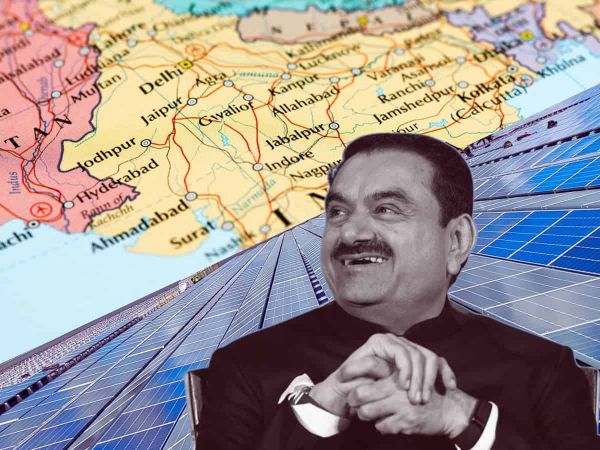Funding for Indian startups is trending towards smaller amounts, with fewer large deals compared to last year. Fintech company Zeta raised $50 million from Optum, increasing its valuation to $2 billion. ToneTag, a payment solutions startup, also secured $78 million in combined primary and secondary funding. Data from Tracxn indicates 126 funding rounds so far this year, significantly less than the over 200 rounds during the same period last year. Total investments are also down, at under $600 million compared to $925 million last year.
Deals between $20 million and $30 million are becoming more common, driven by domestic investors. "Capital is chasing stable businesses that can generate profits," Bhavin Turakhia, co-founder and global CEO of Zeta, told ToI. Experts predict this trend to continue, with fewer large deals in the $50-100 million range. Some sectors like quick commerce and AI are exceptions, expected to attract larger investments due to current hype.
Large global investors like SoftBank and Tiger Global have reduced their large India investments. SoftBank is primarily making smaller follow-on investments, while Tiger Global recently participated in a $121 million funding round for Infra.Market. The decrease in large investments is partly due to some investors becoming inactive after the funding surge of 2020 and 2021. Experts point to a need for more domestic late-stage venture capital funds to bridge the funding gap left by less active international funds.
"The bulk of the deals would continue to be in the early to mid-stages ($20-30 million). The pace of deals in the range of $50-100 million would also be slower. There are investors but a lot more cautious investors. There will obviously be some outliers like quick commerce and AI sectors which are going through a hype cycle and will see large deals,” said Nishit Garg, partner at RTP Global's Asia Investment Team. Some global venture capital funds are currently cautious due to pending US government tariffs. While smaller early-stage deals are seeing increased investment amounts and valuations, a return of significant large deals is expected to take six months to a year.
(With ToI inputs)
Deals between $20 million and $30 million are becoming more common, driven by domestic investors. "Capital is chasing stable businesses that can generate profits," Bhavin Turakhia, co-founder and global CEO of Zeta, told ToI. Experts predict this trend to continue, with fewer large deals in the $50-100 million range. Some sectors like quick commerce and AI are exceptions, expected to attract larger investments due to current hype.
Large global investors like SoftBank and Tiger Global have reduced their large India investments. SoftBank is primarily making smaller follow-on investments, while Tiger Global recently participated in a $121 million funding round for Infra.Market. The decrease in large investments is partly due to some investors becoming inactive after the funding surge of 2020 and 2021. Experts point to a need for more domestic late-stage venture capital funds to bridge the funding gap left by less active international funds.
"The bulk of the deals would continue to be in the early to mid-stages ($20-30 million). The pace of deals in the range of $50-100 million would also be slower. There are investors but a lot more cautious investors. There will obviously be some outliers like quick commerce and AI sectors which are going through a hype cycle and will see large deals,” said Nishit Garg, partner at RTP Global's Asia Investment Team. Some global venture capital funds are currently cautious due to pending US government tariffs. While smaller early-stage deals are seeing increased investment amounts and valuations, a return of significant large deals is expected to take six months to a year.
(With ToI inputs)








